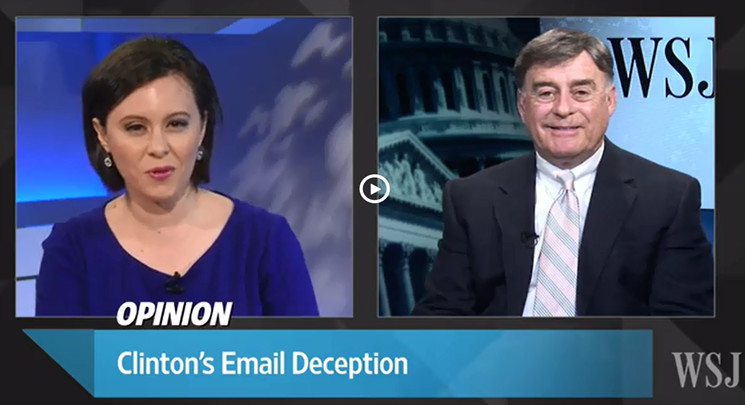Today, the United States Supreme Court issued an 8-0 opinion in U.S. Army Corps of Engineers v. Hawkes Company protecting landowners’ right to meaningfully challenge government overreach and arbitrary deprivation of private property rights. The Court rejected the Corps’ argument that a federal court was not allowed to weigh in on the agency’s assertion of jurisdiction to regulate the Hawkes Company’s use of its own land to mine peat unless the company first spent hundreds of thousands of dollars to complete a time-consuming, complicated government permitting process. Cause of Action (CoA) Institute filed an amicus brief in support of the Hawkes Company, which was represented by the Pacific Legal Foundation. The Court held that an approved Jurisdictional Determination (approved JD)—a federal agency determination that private property contains “waters of the United States” subject to the Clean Water Act (CWA) and the Environmental Protection Agency (EPA) “Waters of the United States” (WOTUS) regulation— is judicially reviewable under the federal Administrative Procedure Act (APA).
In its amicus brief, CoA Institute argued that the Corps approved JD deprived Hawkes of a property interest protected by the Fifth Amendment to the federal Constitution because it reduced the value of its land by preventing Hawkes from mining peat on it without fear of an EPA enforcement action. Coupled with substantial criminal and civil penalties for CWA violations, a due process violation would result if immediate APA review of the Corps-approved JD is unavailable.
Justices Kennedy, Thomas, and Alito appear to share CoA Institute’s due process concerns and agree that the Constitution requires immediate judicial review of the federal government’s assertion of jurisdiction to regulate private property under the CWA. In a concurring opinion joined by Justices Thomas and Alito, Justice Kennedy said that “the Court is right to construe a JD as binding in light of the fact that in many instances it will have a significant bearing on whether the Clean Water Act comports with due process.” Justice Kennedy wrote that the CWA, “especially without the JD procedure were the Government permitted to foreclose it, continues to raise troubling questions regarding the Government’s power to cast doubt on the full use and enjoyment of private property throughout the Nation.” CoA Institute applauds this unanimous Supreme Court decision protecting landowner property and due process rights.

